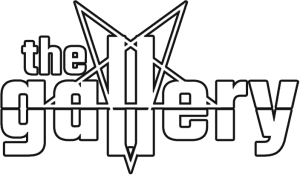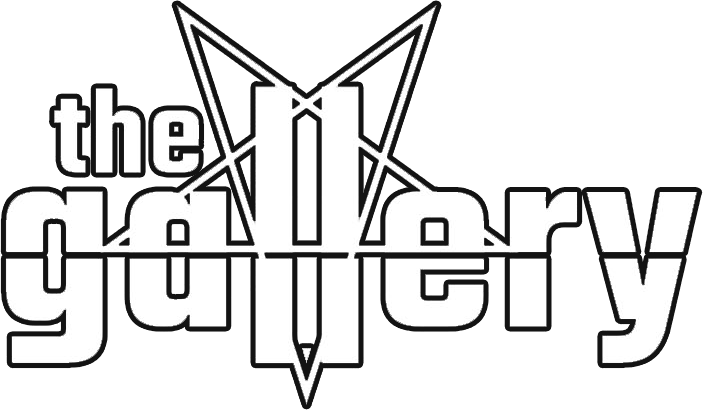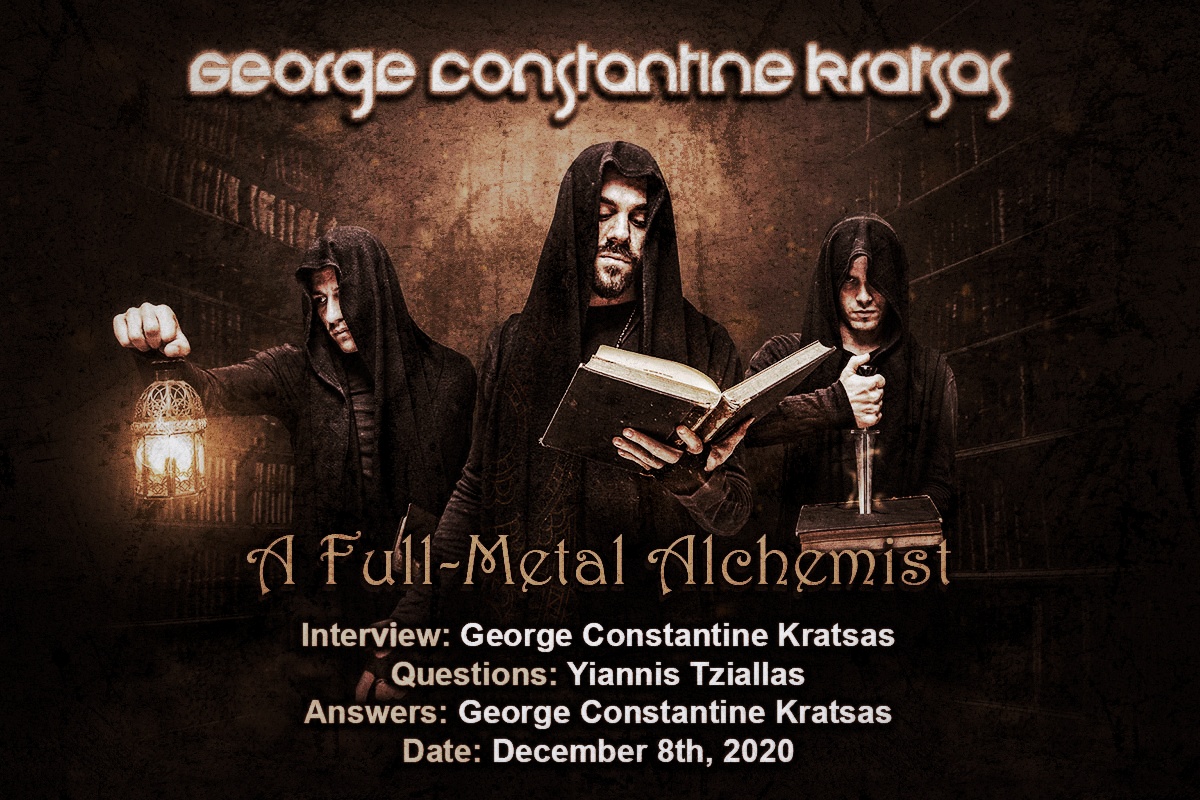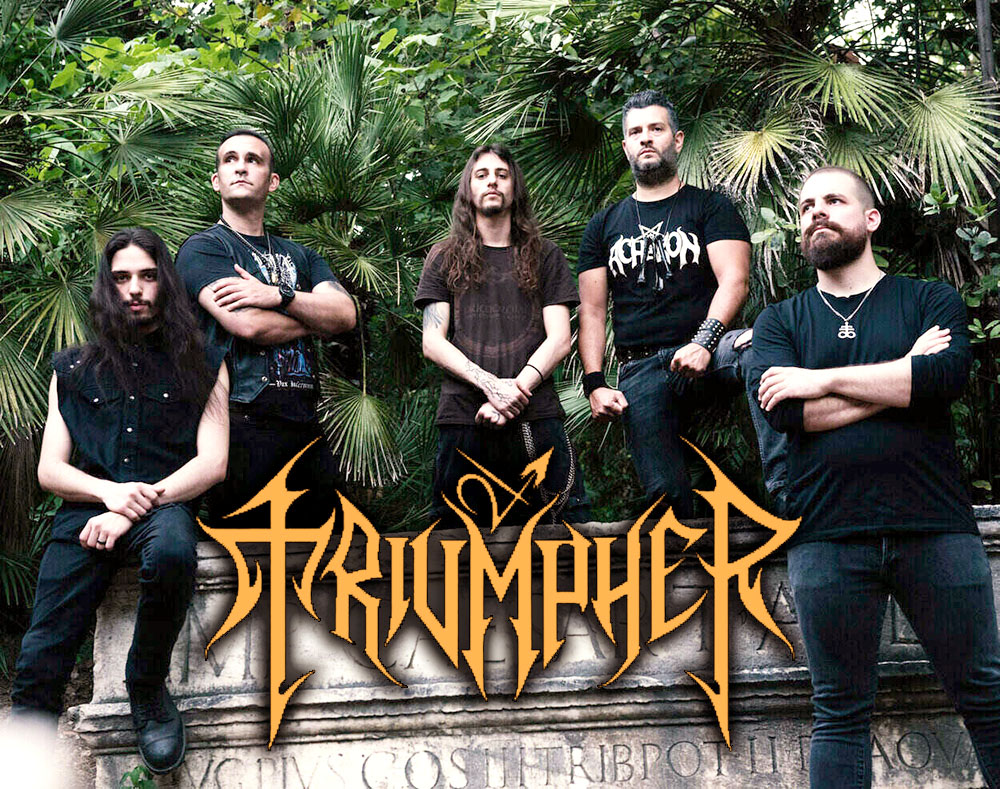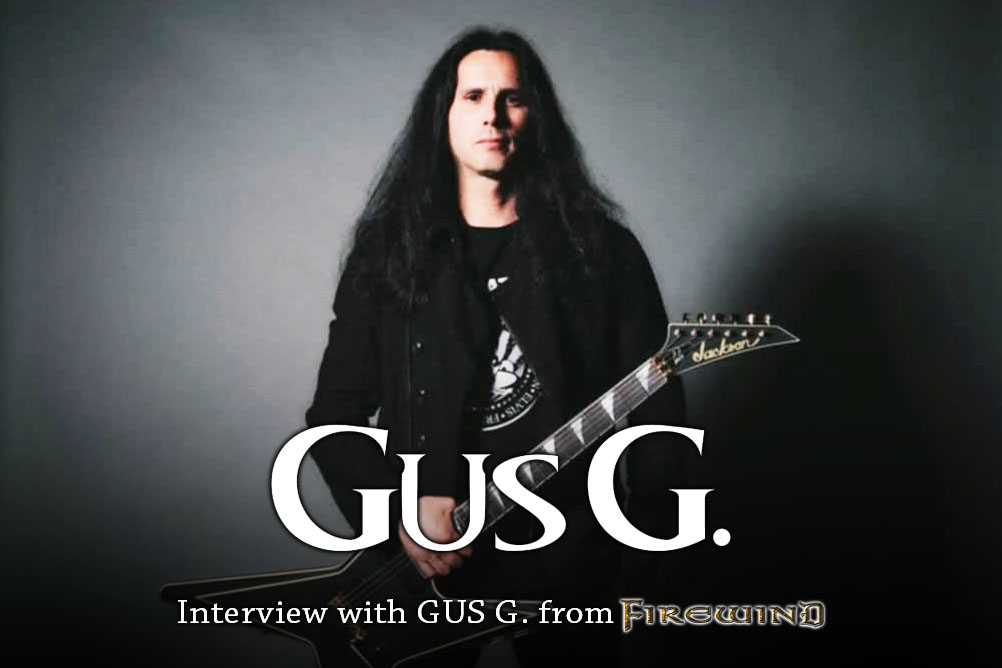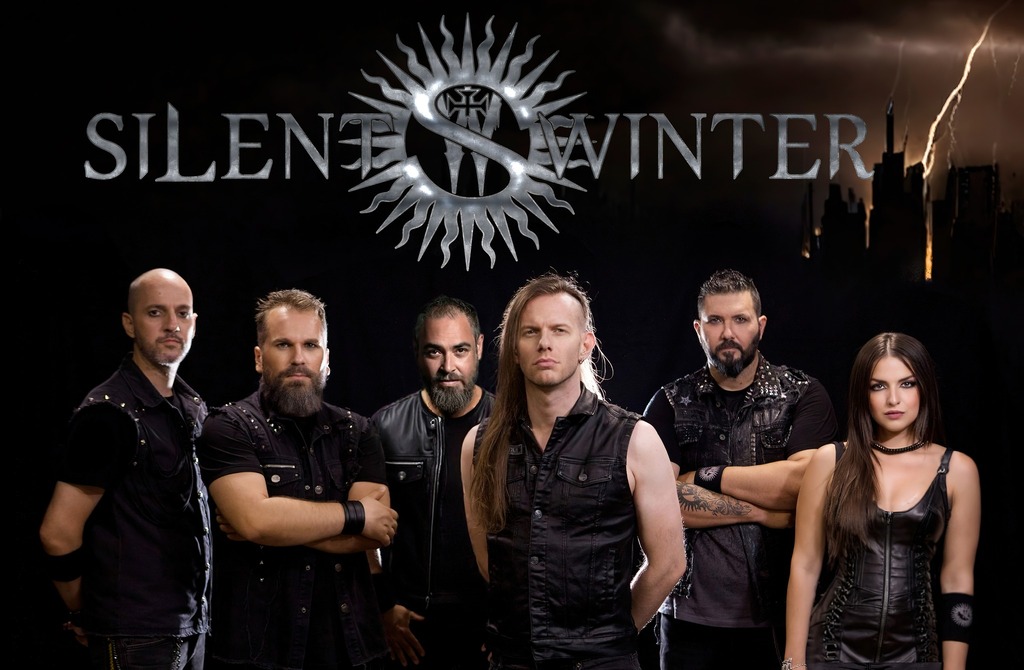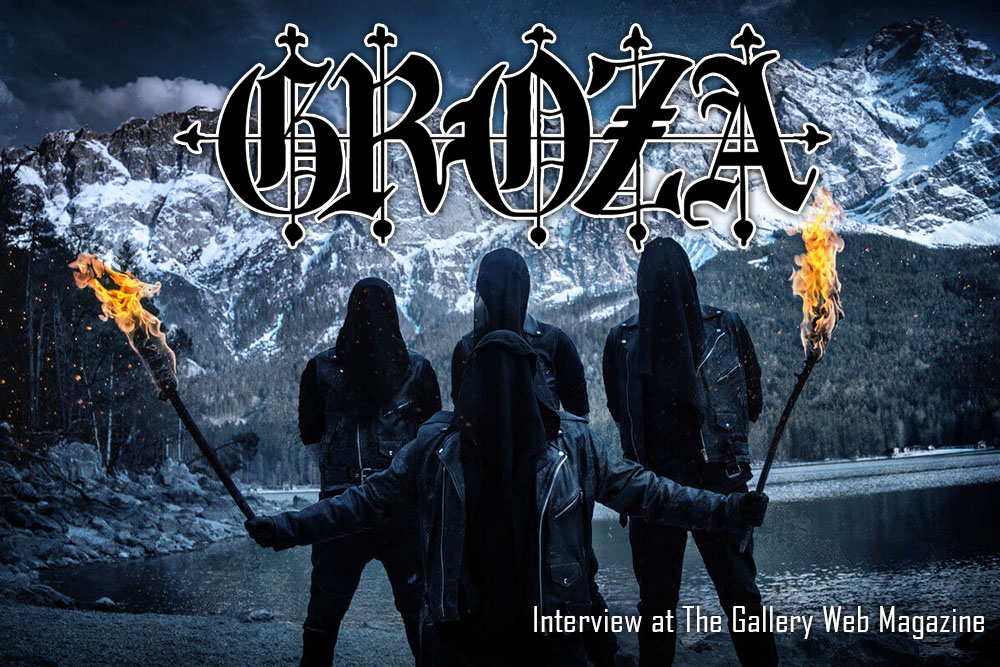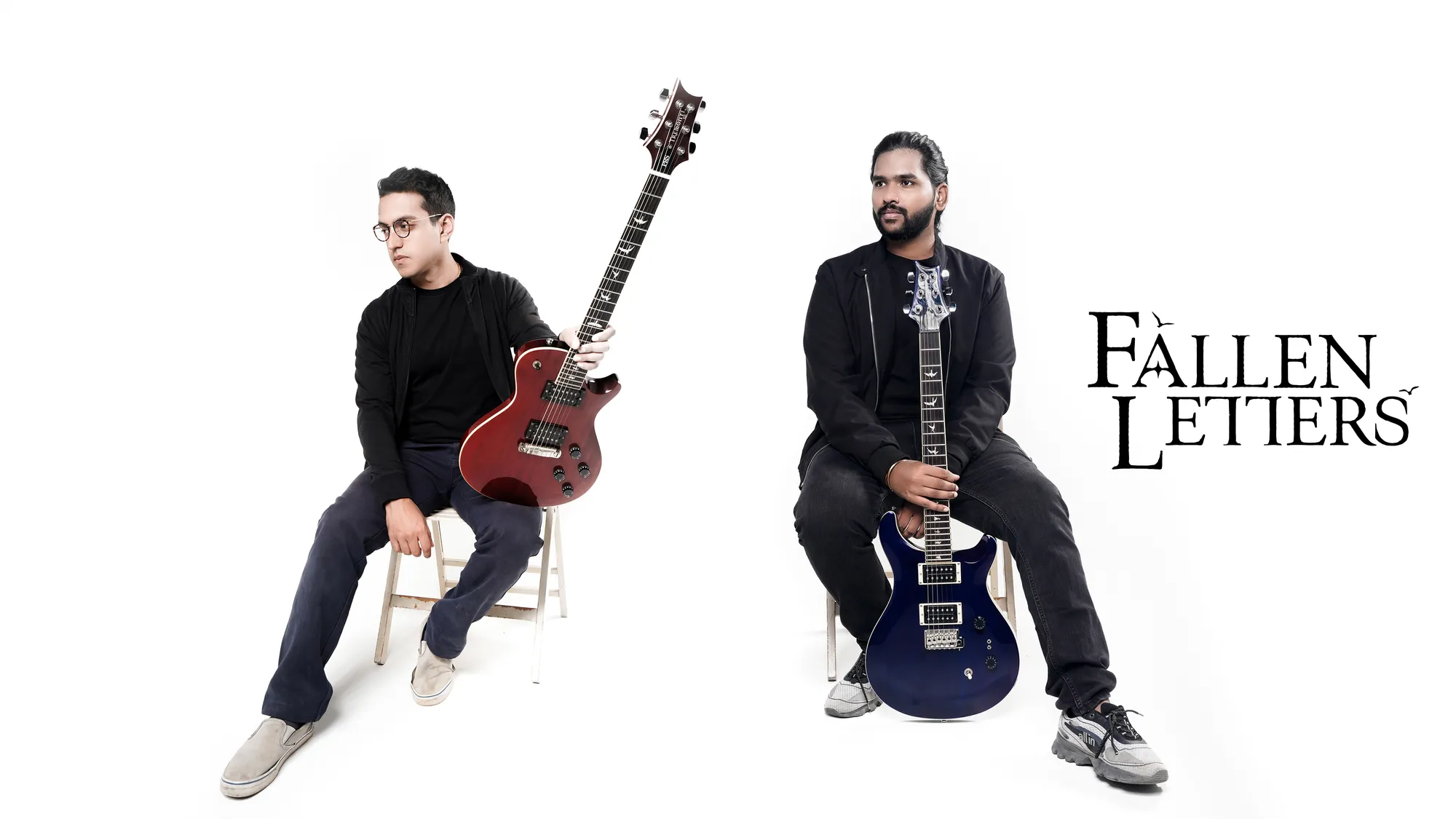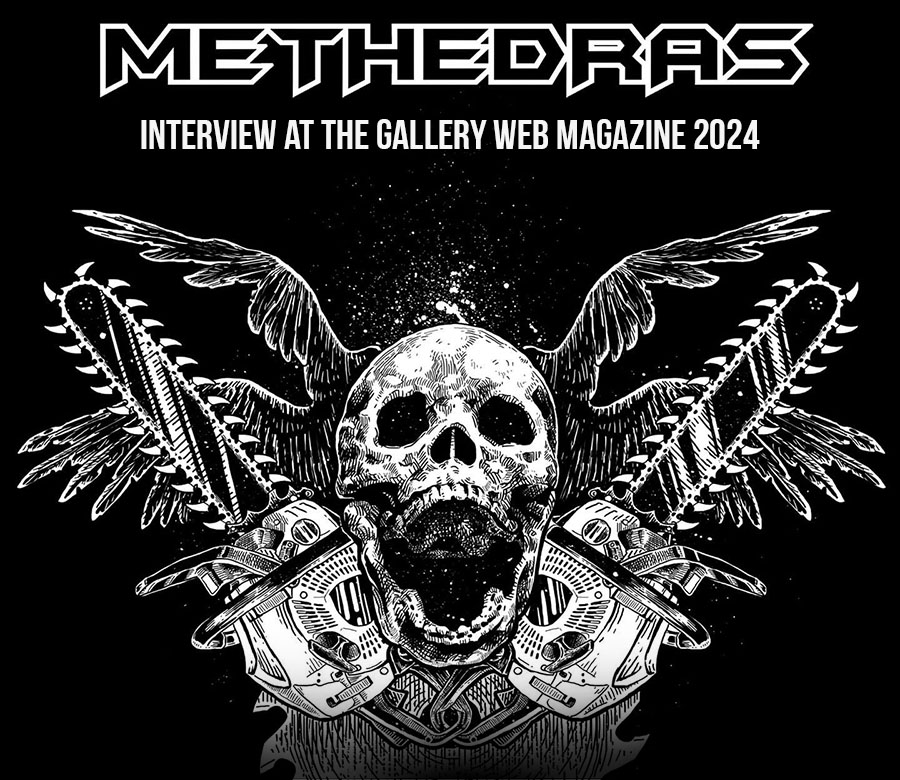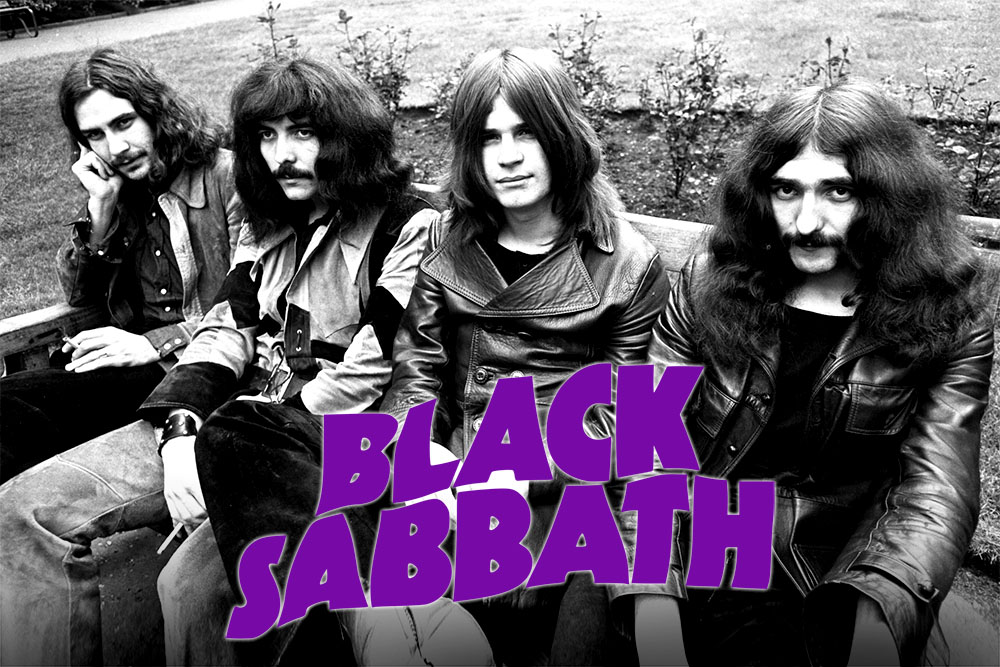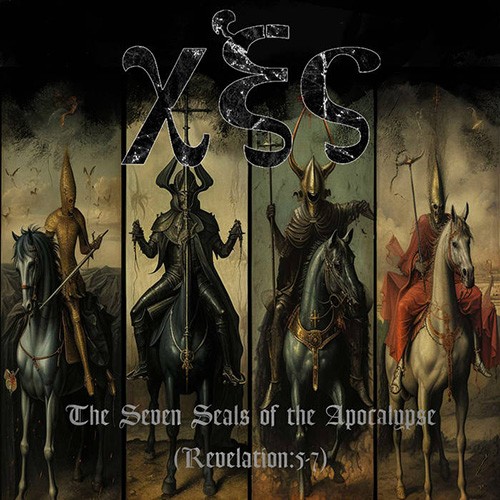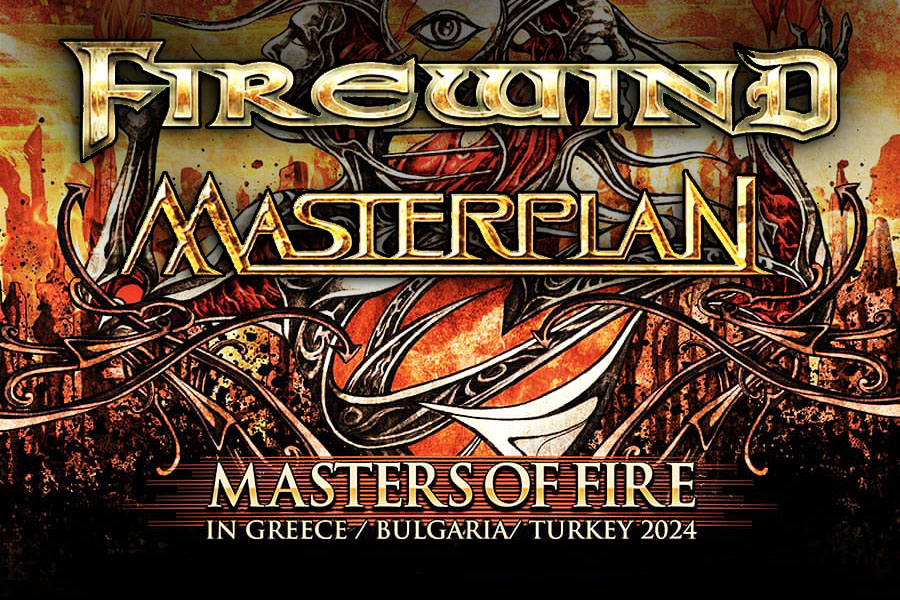William H. Gass wrote that “The true alchemists do not change lead into gold; they change the world into words“.
In the interview that follows G.C. Kratsas discusses about his band’s latest release “The First Alchemist” and shares a part of his aesthetic universe with thegallery.gr and its readers.
– Hi George, nice to talk with you. Share a few words with us regarding the new release. How it started up as an idea, the people collaborating behind it and the relation between The First Alchemist and the Alchemical Symphony.
G.C.Kratsas: Good evening Yiannis and thank you for the invitation
The idea of an album (or to put it even better an “artistic effort”), which would have to do with alchemy as a theme was present since many years ago. We were always intrigued by the concept… The very beginnings of the scientific method and the effort of man to overcome the boundaries that his nature dictated. An effort that was not limited to the scientific experiment as a procedure but was also open to the occult. The secret of eternal life: the philosopher’s stone and the invocation of forces that overcome the finite human perception… Likewise as artists-alchemists, we tried in this album to think out of the box, flirting with what’s tonal and atonal, lyrical and discordant wondering in unprecedented for us musical paths. And I use the word “us” because even though the group has my name, it’s all about the collective effort of the five of us: Nikitas Mandolas on drums, Tassos Seremetis on oud, Mora on vocals and Dimitris Tzortzis who did the artwork! (That’s why I used earlier the phrase “artistic effort”). “Alchemical Symphony” is a separate release with autonomous cinematic orchestral compositions inspired of course by “The First Alchemist”.
– Is there a connection between “The First Alchemist” and the “Manhattan Project”? Is it a step forward or something that runs in parallel?
G.C.Kratsas: I’d say that it’s Manhattan Project’s evolution. Something that’s only natural as we’re talking about the same people. Even though “The First Alchemist” seems like a solo guitar album, like the solo project of a guitarist running in parallel with “the band”, it’s nothing like that. We tried to do something absolutely musical without having the guitar or the guitarist under the spotlight, as a protagonist, but more or less to work on the orchestration and the musical structure searching for the balance that’s appropriate to an instrumental release.

– The amount of sonic information in The First Alchemist is astonishing. Tell us about the composing procedure and the album’s recording: How did you work and where there any difficulties?
G.C.Kratsas: It was honestly something very new to us because until now we’ve never tried to connect so many (someone might say heterogeneous) elements together.To have the inspiration to use a purely traditional acoustic instrument such as the oud, with its vast dynamic range in a metal composition sounds surely original, but as for the how to make it work in a metal mix with smashing drums and guitars… well that’s a different story! I mean, the technical difficulties and limitations can sometimes block temporarily the creative procedure, especially when you’re trying things that are new and where the “know-how” doesn’t really exist. But that’s exactly where you’re on to something truly unique and ground breaking. The way the cinematic orchestra connects with the metal band was also a challenge in a compositional level, but also as a mixing a mastering procedure. We had to structure the band in a way that it would play “within” the sound of the orchestra (p.e. guitar lines following the rules of counterpoint, like a viola or a cello) and also the role of the protagonist had to be interchanged between the instruments.
– Putting aside the composition, you were also in charge of the audio production, mixing and mastering of the album. How important is it really for the composer to be the man behind the console?
G.C.Kratsas: For me audio production is at its core a very artistic procedure! I don’t perceive it only as a way to correct or to stabilize frequencies but more like a powerful musical tool which helps me give shape and feel to the sound that I hear in my mind. I believe that it’s equally important for a composer to be also a producer; it’s something that modern music needs and it’s one of the elements of our musical identity. Putting aside the notes and the way we play, the way we sculpture our sound contributes to the configuration of our musical uniqueness… something that leads the listener to say: “I recognize this sound, this output, is surely the “x” artist” and it’s like no one else’s sound”.
– Why an instrumental release? Listening to the one song that Mora participates with her vocals, I have to say that it increased my appetite for more. Should we wait something with lyrics in the future or is it out of the question?
G.C.Kratsas: Generally speaking, I don’t like to limit myself! The reason we’re doing instrumental music is because that’s how we feel and because that’s the style which expresses us more adequately. It goes without saying that music evolves. With Mora’s addition to the project, we also feel that our material has a greater impact and we also would like to have more of her in the forthcoming releases!
– How would you characterize your sound in this phase of your career? Is it multistylism or rather a new genre that tries to build a bridge between metal and orchestral music, eastern and western elements?
G.C.Kratsas: I always was an enthusiast of multistylistic tendencies in music. Even when I was very young it seemed to me especially attractive and amusing the practice of blending different elements in a composition and I believe that most of the artists in the progressive scene are aficionados of this musical tendency even if they’ve never heard Satie or Schnittke. The combination of the elements you mention, the eastern maqams through the oud and the atonal music through the symphonic orchestra and of course the heavy metal elements is the thing that we truly are and what spontaneously occurs when we play music. I wouldn’t say that we play a revolutionary new genre, for me it’s more of a musical effort with a strong and very precise point of view.
– Listening to The First Alchemist I had often the impression that I was listening to a cinematic trailer. Have you ever composed for motion picture and if not, is it something you’d like to try in the future?
G.C.Kratsas: I’ve been into cinematic music but not on a professional level. I believe that it has great emotional power: it can evoke many feelings to the listener with a very direct and effective way. Imagine the epicness of a brass section or the angst that jumps out of a horror part. All these explain the reason I’d like to incorporate cinematic themes in my music!
– You’re a virtuoso guitar player, one of the few who really uses each and every inch of the instrument. How were you introduced to it and what would you advice a guitar player who’s thinking about trying an extended range guitar?
G.C.Kratsas: I’d say that it relates to the out of the box mindset that we have as a band.
Having a wider range to an instrument can only make things less limiting and generally …better. It’s only natural that this has it’s learning curve as does anything and it takes some time to get used to, but the musical result is very rewarding. I’d encourage every guitarist to try it; experimenting is of capital importance.
P.S. even if the word “virtuoso” is very flattering, I don’t feel like one whatsoever.
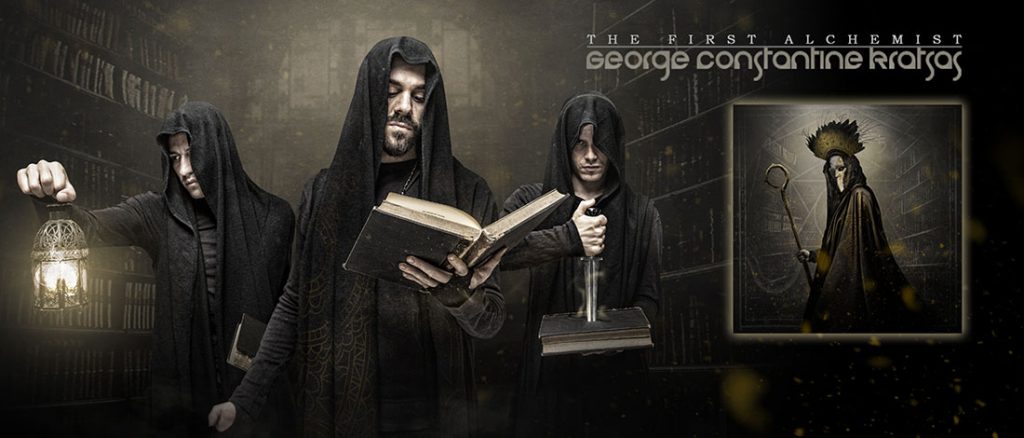
– Bandcamp and self-release: was it a tactical move in a world where the music industry has turned to digital and at the same time fans enjoy searching the underground gems between the thousands releases, or was it a choice of necessity during the pandemic?
G.C.Kratsas: For the time being we haven’t reached a unanimous decision regarding our strategy and surely the new worldwide situation with the pandemic and all leaves much to consider. There will be a physical release of “The First Alchemist”, that’s for sure. The most important thing is to reach the people, to share our art, to evoke feelings regardless the form of the product or the choice of the digital platform.
– Plans and future steps regarding the project?
G.C.Kratsas: First of all the album has to be visually supported in a way that’s adequate. And by that, I mean official video releases of a cinematic nature of course. There are many plans for the future but our priority is always the music, nobody knows where it will lead us!
Interview: Yiannis Tziallas
Translation/Rendering in English: Yiannis Tziallas
Cover Artwork: Alexandros Soultatos
Design & Editing: Alexandros Soultatos
Date: December 8th, 2020
External Link: George Constantine Kratsas – Bandcamp Page
Copyright © 2020 by THEGALLERY.GR
